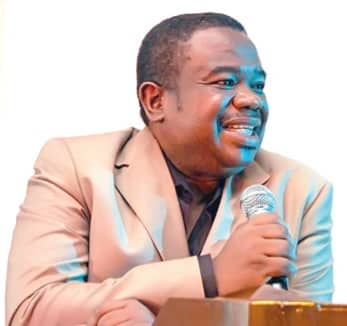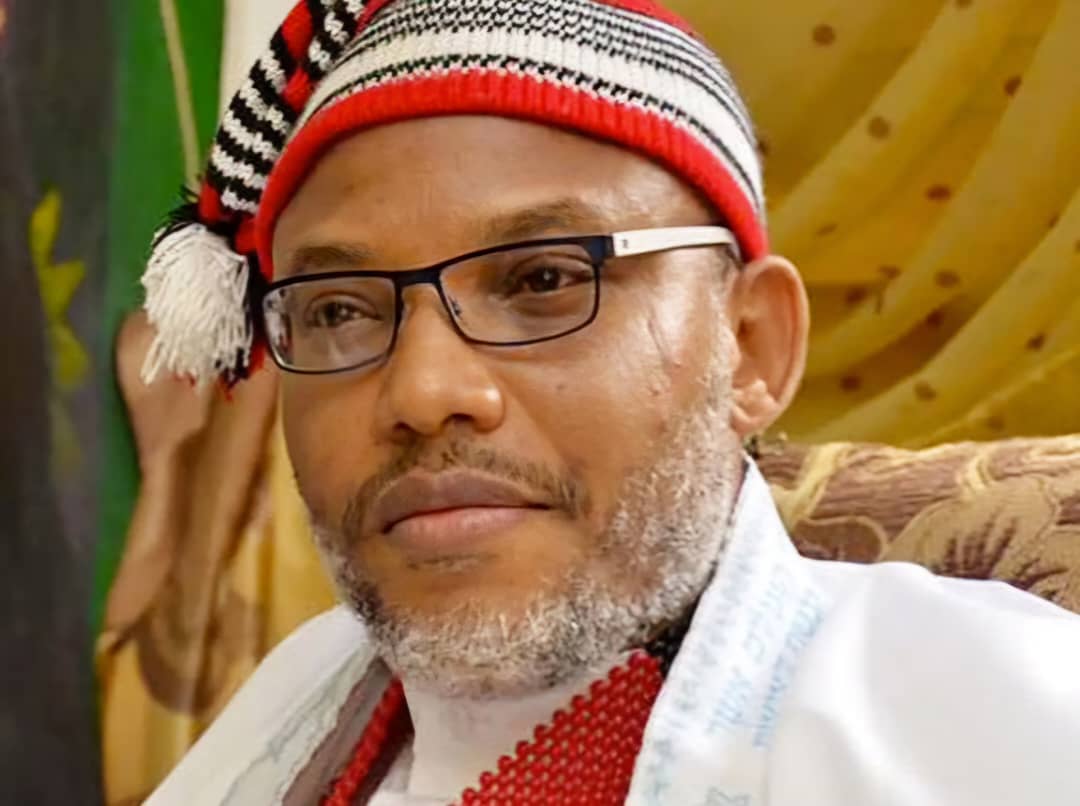By Tony Okoroji
Earlier this week, I had the honour of receiving an award from the Nigerian Bar Association, Ikeja Branch, for my work in promoting the respect for Intellectual Property Rights in Nigeria. I was Guest Speaker at the Knowledge Sharing Session of one of the biggest NBA branches in the country, and spoke on “INTELLECTUAL PROPERTY ISSUES IN THE RAPIDLY CHANGING KNOWLEDGE ECONOMY”
The lawyers I interacted with may have understood the concept of Intellectual Property, I however doubt if the general public has the same understanding. As Chairman of Copyright Society of Nigeria (COSON) and author of the book, Copyright & the New Millionaires, people easily associate me with Copyright for which I have boundless passion. Copyright is indeed a subset of Intellectual Property. Permit me, today, to discuss Intellectual Property (IP), in Saturday Breakfast.
Our traditional notion of property suggests that property must be tangible, whether movable or immovable. When we think of property, we think of things like land, buildings, jewelry, furniture, electronic equipment, etc. Property, in our minds, must be something you can see and touch. Again, when property is stolen, the owner is deprived of that which is stolen. When a music CD, book or movie is copied or downloaded, nothing that the eye can see is taken away. With these in mind, it is easy to see why someone who copies a 2 Face Idibia CD or downloads “African Queen”, may not understand that indeed, he has taken someone’s property.
The person who copies or downloads a piece of music, has acquired property which is intangible. When such property is taken, it may not involve the physical movement of anything. The person who makes a copy of a music CD would not need to take away the CD which is simply the carrier or container of the property. Indeed, after he has taken the property, the property still remains! However, he has acquired the use of a valuable asset which he never had, simply by making a copy. He might also claim that he had the permission of his friend, owner of the original copy. The owner of the copy is not the owner of the property. The owner of the property is the person who created it. By the unauthorized copying, the creator has been deprived legitimate income.
You can imagine that each time Bill Gates or his company, Microsoft, writes a new computer program, it is possible for someone to get an original copy and make as many copies as he likes for his friends and colleagues at work. The technology to do that is cheap and readily available and some of Mr. Gate’s computer programs are in any case, quite expensive. The law is however clear that the copying of a computer program without the authorization of the creator is illegal. The unauthorized copying of Gate’s computer program is considered by the law to be stealing of his property. Without this protection provided by the law, there is no way that Bill Gates would be one of the richest men in the world. Millions of people around the world would have been using Microsoft programs free of charge. In all likelihood, there would not even have been a company known as Microsoft today and Bill Gates would plausibly have been just another frustrated university drop out.
The Harry Potter books have made JK Rowling the author, a once very poor single mother, one of the richest women in England and probably the world. If the Harry Potter series were as popular in Nigeria as they are in other parts of the world, chances are that thousands of unauthorized cheap copies would have appeared overnight in bend-down bookshops from Oshodi to Onitsha. Our omnipresent “business centers” will copy the whole books for anyone ready to pay. Harry Potter will be everywhere but J.K. Rowling will be poor. The understanding that the content of a book is someone’s property which must be respected is the core reason J.K. Rowling is today, a financial queen of England.
Mr. Gate’s computer programs, Ms. Rowling’s books, and 2 Face Idibia’s music are all protected under the law as property. But these are not property in the traditional sense because they are intangible. They are unique because they are more the products of mental energy than physical energy. They are creations of the mind. They are called Intellectual Property.
Is there any question that the name, Coca-Cola is one of the most famous names in the world? While there are thousands of variants of the cola drink, the one that comes by the name, Coca-Cola or simply, Coke has acquired a worldwide reputation for quality. That reputation is an asset that produces enormous wealth. Imagine if everyone was free to put the name, Coca-Cola or Coke on his product. How are we to distinguish the unique product of the Coca-Cola Company from the concoction made by a fly-by-night beverage maker in Ijebu Ode? What if everyone was free to sell his product in a bottle similar to the unique Coca-Cola bottle? There will be absolute confusion in the market place and commerce, the way we know it, will be impossible. The names, Coca-Cola and Coke and the peculiar Coca-Cola bottle are trademarks of the Coca-Cola Company.
A trademark distinguishes the goods of one producer from those of another. The law protects trademarks as intellectual property because a trademark can be “stolen” without the owner losing any tangible asset. The Nigerian Bottling Company Ltd uses the names, Coca-Cola and Coke and the uniquely shaped bottle. Such use however is authorized. Major organizations guard their trademarks jealously and any unauthorized use of a trademark might result in a massive law suit.
An irrepressible Nigerian entrepreneur by the name, Leo Stan Eke has worked assiduously to make the name, Zinox to be synonymous with quality computers in Nigeria and beyond. Mr. Eke is expending incredible time and energy building a brand name. That brand name is a trademark, a valuable property, and there is no question that anyone who attempts to exploit that property without authorization will “see fire”.
The Rolls Royce brand name and its symbol have long been associated with luxury and dependability in the global automobile industry. In consumer electronics, Sony has almost become another word for trust. It is in the same way that the average Nigerian housewife is in love with names like Bournvita, Milo, Maggi, Omo, Indomie, Uncle Ben’s, De Rica, Peak, etc. These names have been established in her mind as representing good quality. Even when the products bearing the names are more expensive than others, the Nigerian housewife is likely to buy them. These names are worth millions to their owners and the law protects them as intellectual property.
IP covers a wide area of creative rights. It is considered so important that the United Nations established a specialized agency, the World Intellectual Property Organization (WIPO), based in Geneva Switzerland, to deal with intellectual property issues.
The more I have dealt with the Intellectual Property subject, the more it has become clear to me that if we must be part of the new world economic order and optimally exploit our immense potentials, IP can no longer be a subject just for experts. It is my belief that as many people as possible must speak its language and understand its methods because more and more, wealth will be defined differently.














